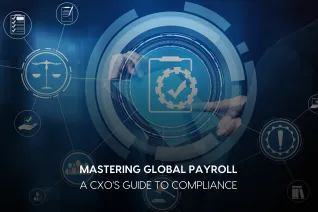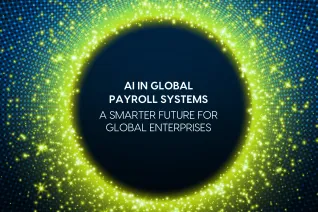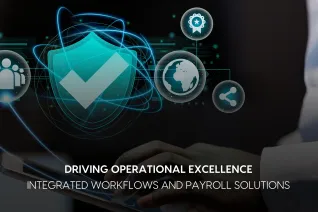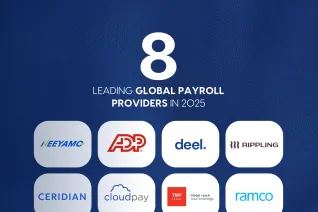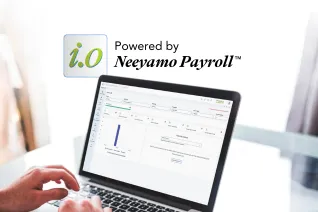The metaverse of madness: Its role in the future of work
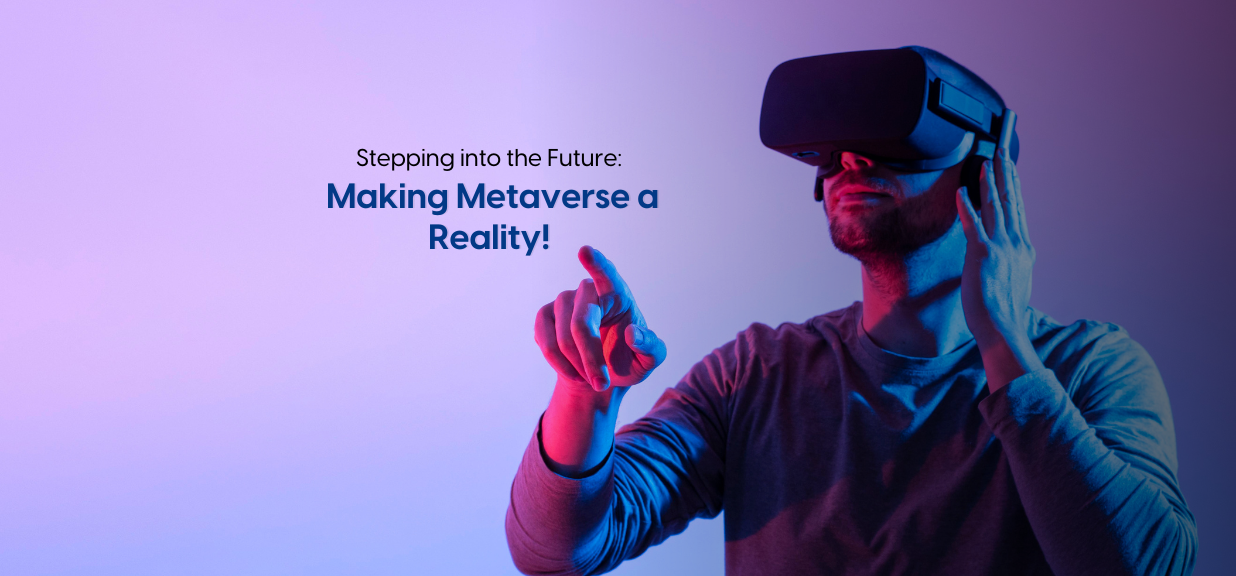
While there has been a buzz around "metaverse" as a platform, it has gained considerable traction recently as a potential platform for the future of work.
What is the metaverse?
Simply put, the metaverse is a virtual, three-dimensional space where users can interact with each other.
The metaverse has several layers: security and privacy, infrastructure, applications, and overall platform experience.
Immanuel Kingsley, Metaverse Technology Officer and Head of Innovation Labs at Hexaware, describes metaverse as a special web allowing people to interact with multiple realities.
“It is not just Artificial Intelligence; it is more about Assisted and Augmented Intelligence which will blur the lines between physical, digital and virtual realities.”
Since social media giant Facebook became Meta in 2021, aiming to explore the metaverse ecosystem, several internet users have been looking forward to its application in the world of social media, gaming, etc. A 2022 McKinsey report even showed that about 59% of the users are looking forward to the transition of even their daily activities to the metaverse.
ALSO READ | Demystifying Web 3.0 - The New Age Internet
Imagine how much time users can save by just walking into a virtual store to try out clothes or even furniture without having to actually buy the commodity to see how it looks in reality. This could help them budget and plan efficiently.
Role of the metaverse in the Future of Work
However, that's not all. The metaverse is also making its way to the corporate world and is being considered as a platform for work in the future.
Unlike social media and gaming platforms, enterprise metaverse platforms must be hyper-realistic. They could be game-changers in marketing campaigns, learning and development strategies, and events and conferences.
It could bring a new spin to remote work, allowing multiple users to collaborate and simultaneously communicate in a virtual space. In addition, it can also help businesses with accelerating onboarding and scaling businesses.
Metaverse is also helpful in simulating challenging or expensive physical environments when required.
It can even aid Learning and Development functions in organizations by providing new opportunities for training. Cloud computing and machine learning can create a realistic experience for enterprise learning.
Additionally, the emergence of metaverse technology can create new job opportunities, such as virtual customer service roles.
How can companies prepare to work in the metaverse?
Businesses need to identify the proper use cases to gain a competitive advantage. It is crucial to look beyond the features of the metaverse and focus on practical applications.
There must be a strategic approach to the metaverse. This might include a dedicated Research and Development team to study the organization's needs and devise plans to incorporate new technology accordingly.
Testing new technology is equally important to see how it can fit organizations. There are always risks associated with new technology, but businesses that can test the technology to study its effects and reception have a better chance of tackling that risk.
The metaverse is a long play. It is still in the development and experimental phase. Companies must regularly assess internal and customer adoption to improve the value proposition.
If you are an avid tech enthusiast, tune into Immanuel Kingsley's fascinating session on 'Future of Work is in Metaverse' at Evolve Beyond Borders 2023, which dives deep into the working of the metaverse.
Latest Resources
Stay informed with latest updates
If you're curious and have a thirst for knowledge pertaining to the HR, payroll, and EOR universe, don't miss out on subscribing to our resources.




